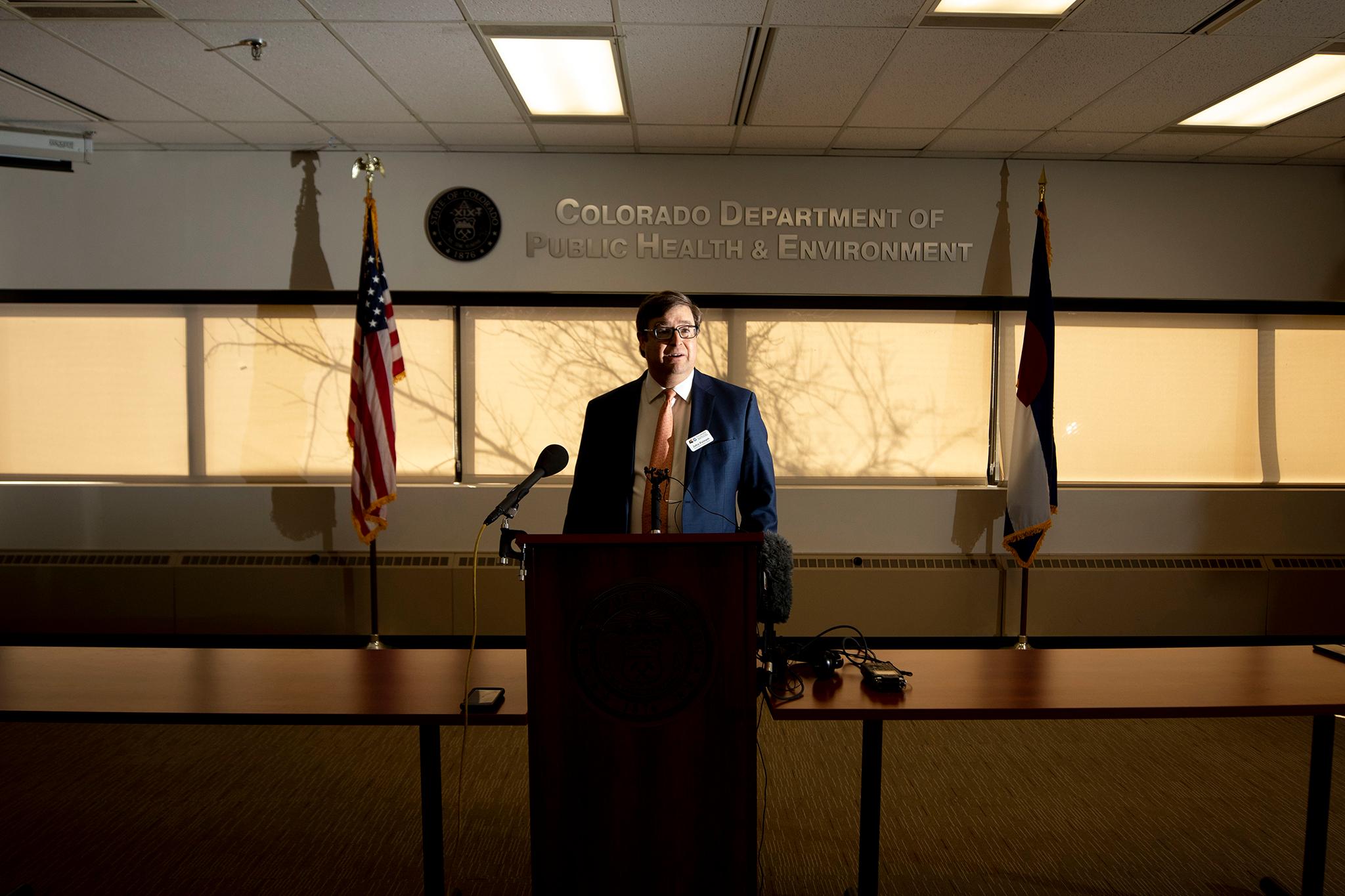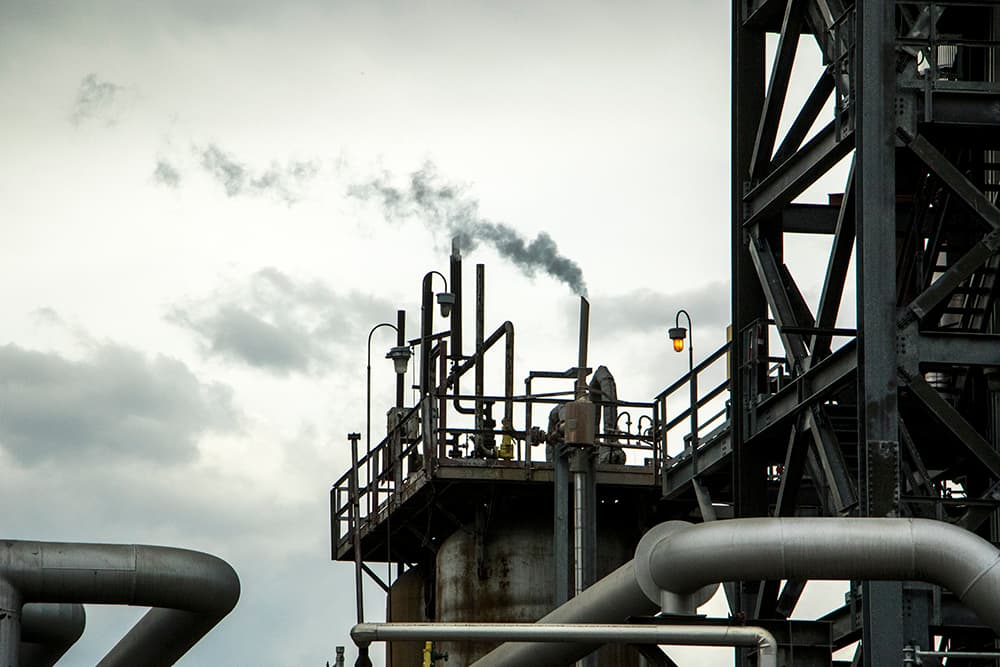Suncor, an oil refinery in Commerce City, will pay $9 million and complete environmental projects in north Denver as part of a settlement stemming from air quality violations.
Recent examples of pollution include a plume of orange smoke, toxic levels of hydrogen cyanide and a rain of fine dust that fell over large parts of both areas. In that last case, the Candian-based oil and gas company apologized and offered residents free car washes. Many saw the offer as an insult -- and called on state regulators to finally hold the company accountable.
"It's not only about holding the violators accountable. It's about repaying the community," said Garry Kauffman, director of the state's Air Pollution Control division, part of the Colorado Department of Public Health and Environment.
As part of the settlement, Suncor will spend about $2.6 million on environmental projects to benefit nearby neighborhoods, including Globeville and Elyria-Swansea. The company will also have to spend up to $5 million implementing air quality improvements recommended by an independent monitor that will analyze the oil refinery's systems to understand why Suncor consistently emits more pollution than is allowed. For its relatively recent violations, Suncor will pay about $1.4 million to Colorado and the Environmental Protection Agency.

In addition, the refinery will have to up its game when it comes to monitoring hydrogen cyanide and must come up with a new communication system to better serve the public, the agreement stipulates.
The payment is the largest for air quality enforcement in Colorado's history, a CDPHE official said.
"The refinery's recent environmental performance has not lived up to our expectations," Suncor spokesperson Jessica Depencier told Denverite in a statement. "We can and we will do better. Suncor intends to be an active and positive member in the surrounding communities. We want to play a role in Colorado's energy future, while making sound investments and driving environmental improvements."
Canada-based Suncor earned about $2.1 billion last year, according to its financial report.
City Councilwoman Candi CdeBaca, who lives in and represents the area affected by Suncor's pollution, called the $9 million settlement "crumbs."
"We cannot make progress on our climate challenges while simultaneously turning a blind eye to one of the worst polluters nationally living in our backyard," CdeBaca said.
The Suncor deal has been in the works for months. Last December, state air quality officials sent a compliance advisory to Suncor following an inspection of the Commerce City facility. The document detailed 114 alleged violations of state and federal air standards, including open tank hatches, poor record keeping, and excessive emissions of hydrogen cyanide, carbon monoxide and sulfur dioxide.
The notice came just two days after the refinery rained ash down on the surrounding community.
Suncor quickly apologized, saying the dust was a harmless catalyst used in the refining process to break long compounds in crude fossil fuels into smaller hydrocarbons. Suncor ordered its employees inside after the incident. Two nearby schools were also placed on lock-down.
CDPHE officials said Friday that their tests confirmed what Suncor said at the time: the release did not create an immediate health concern.
"A majority of the people in that community are not happy with (Suncor) having permits," said Ean Thomas Tafoya, an environmental justice activist who has focused much of his work on north Denver. "I think the writing is on the wall globally, nationally, yes, we will phase out fossil fuel."
CDPHE does not have the intent nor the ability to shut down the facility but will pursue escalating penalties for future violations, Kaufman said.
"Our rules and regulations exist for a reason: they protect Coloradans' health and the environment that we all cherish, so compliance is not an option; it's an imperative," Kaufman said in a statement. He called the settlement "historic."
This article has been updated to correct a reporting error. The company earned $2.1 billion in U.S. dollars last year, not $2.9 billion. The wrong figure was in Canadian dollars.














